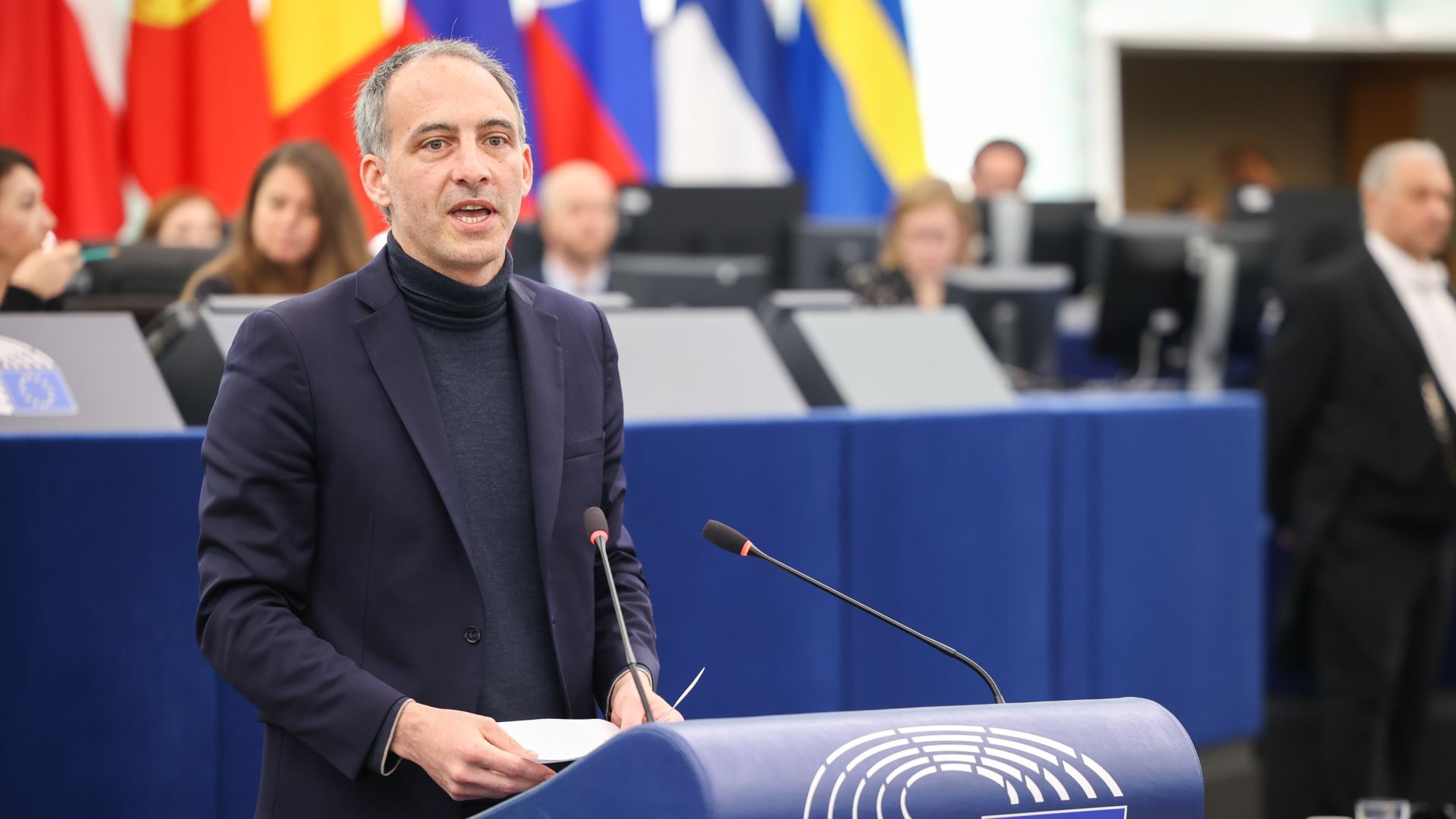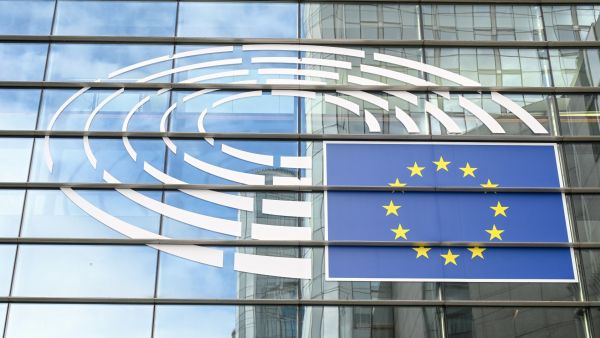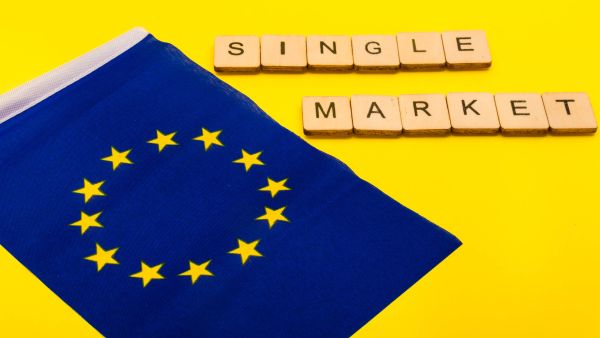Today, the European Parliament adopted a key report revising the EU’s foreign investment screening regulation, led by S&D rapporteur Raphaël Glucksmann. This reform aims to guarantee the Union’s economic security by controlling investments in strategic sectors and to reduce strategic dependencies on foreign actors. The regulation will make the EU safer and at the same time more attractive to investors by harmonising procedures across member states.
The revised framework will require all EU countries to screen foreign investments in critical sectors. It will help prevent foreign entities from threatening our security and public order by gaining disproportionate influence over essential infrastructure, services and industries central to Europe's future.
Raphaël Glucksmann, S&D MEP and rapporteur, stated:
“Right now, the EU’s foreign investment screening system is fragmented, costly for investors, and insufficiently effective at mitigating risk. Leaving large industrial plants, energy grids, and media giants open to foreign takeovers – whether from China, the US or elsewhere – ultimately puts our security and economic sovereignty on shaky ground.
“With the proposed revisions, screening procedures will be streamlined across EU member states. This keeps the single market open and attractive, while also protecting our industries, safeguarding key sectors, and allowing our strategic industries to catch up and become more competitive. Additionally, the Commission will have the authority to take final decisions in cases of disagreement, ensuring a more unified approach across the EU.
“We’ve also broadened the scope of mandatory screening to include greenfield investments above €250 million from high-risk investors, as well as sensitive sectors like large-scale farmland, transport technologies, and major media outlets. These come in addition to sectors such as energy, artificial intelligence and semiconductors already covered in the Commission’s proposal.
“The outcome of today’s vote is a decisive step towards European strategic autonomy and economic security. We urge the Council and Commission to follow through so we can deliver for Europe by making this vision a reality.”
Note to editor
Now that the report has been adopted by the European Parliament in plenary, the next step in the procedure is to enter into negotiations – known as trilogues – between representatives of the European Parliament, the Council and the Commission.











